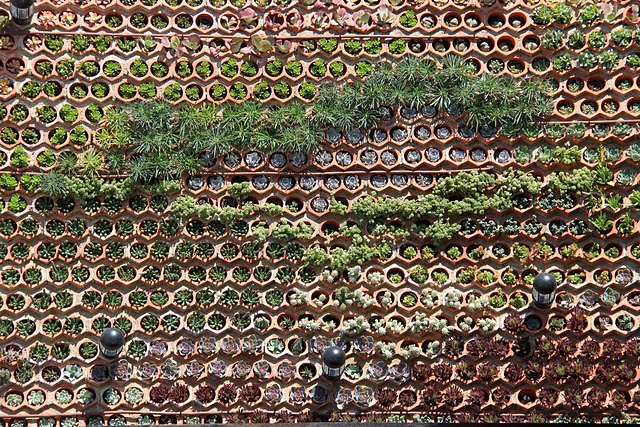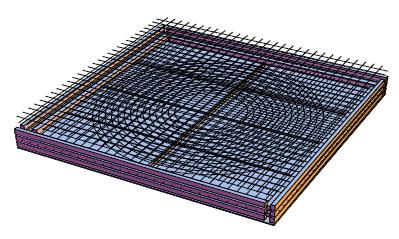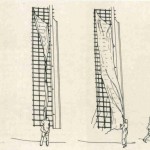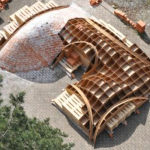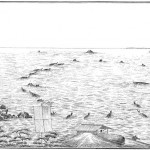In France, a profession that until recently seemed a sure victim of disposable razors, is suddenly on the comeback trail. New barbers are opening up shop every day, and the shaving ritual is again being adapted to current tastes. In the French capital, people have started emulating the classic Alain Maître Barbier (Alain, the Master Barber), a shop situated in the Marais district. Two new Les Mauvais Garçons (The Bad Boys) barbershops have recently started greeting customers, on rue Oberkampf and in the BHV department store for men.
The only major obstacle standing in the way of rapid expansion is the difficulty in finding qualified staff. The art of being a true barber is not as straightforward as it might seem. First, aspiring barbers must learn how to properly use a straight razor, by practicing on rubber balloons. But mastering the blade is not enough for becoming a true “saloner,” says Michel Dervyn. “These are professionals who, having made their career in the barber trade, have acquired the art of conversation.”
Is all of this just a passing fad? Maybe, but apart from the quality of the result – which is far superior to a bathroom shave at home – going to the barbershop also expresses men’s desire to “get together and pass down the ritual to the next generation,” says Michel Dervyn. “Men are often accompanied by their sons or grandsons,” he notes. After years of forced integration of the sexes, the barbershop is once again a place where “men come to socialize. It is like English clubs or tailor shop,” says Hélène Capgras, a consultant at Brain for Beauty. “It is a place where men go without their wives.”
Source: “In France, barbers are back“. Original article “Le Retour des barbiers“.
Related: “Exercices for barber apprentices“, Arthur Mole, 1917

